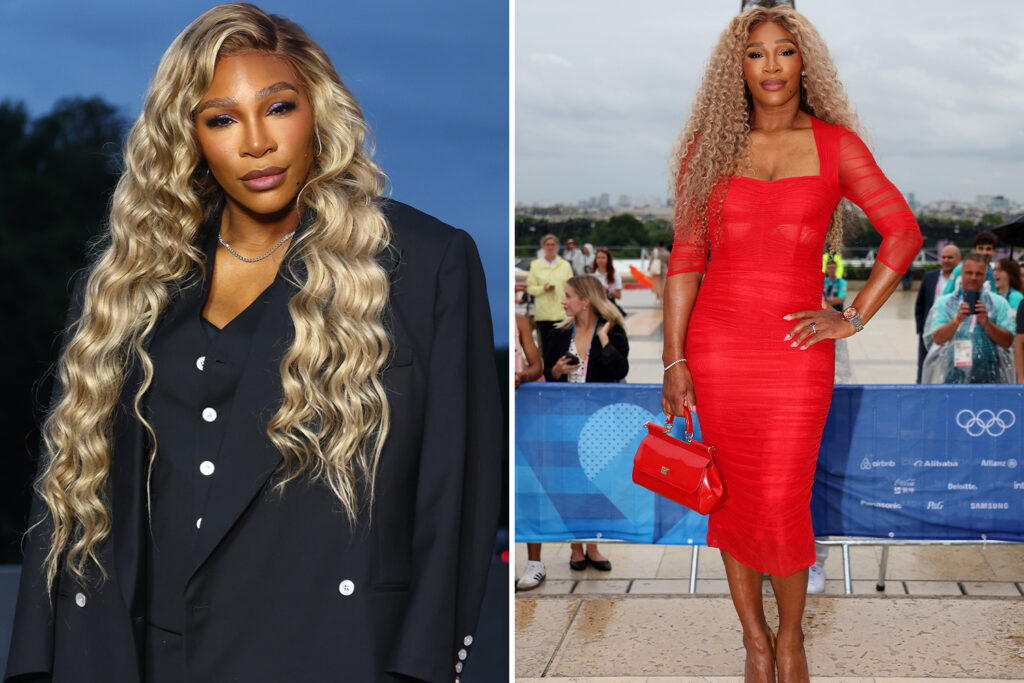SERENA WILLIAMS has built a $340million empire following her retirement from tennis.
The six-time U.S. Open champion was one of the most lucrative earners while still on court.
Williams earned $95m in prize money alone and brought in endorsements worth hundreds of millions.
But she always had one eye on the future and launched venture capital fund Serena Ventures in 2017 – five years before she hung up her racket for good.
Williams, 43, has multiple incomes from a variety of industries, from sports teams to cosmetics.
Most of her success has come with Serena Ventures, which has invested in 85 companies – 14 of which have been ‘unicorn’ companies.
READ MORE ON SERENA WILLIAMS
They are companies worth more than $1billion, and it is rare for one to be part of someone’s business portfolio, let alone 14.
The unicorn companies that have received investment from Serena Ventures include Impossible Foods, the plant-based food production company, and Masterclass, which is valued at $2.75bn.
Serena Ventures is often an angel investor and has invested in a variety of industries, including AI and social media.
Outside of her venture capital work, Williams has added sports teams to her empire.
She and sister Venus became minority shareholders in Miami Dolphins in 2009 – a franchise now valued at $6.2bn, per Forbes.
Williams also owns the Los Angeles Golf Club alongside her husband Alexis Ohanian.
The team competes in the TGL golf league set up by Tiger Woods and Rory McIlroy.
The likes of Collin Morikawa, Justin Rose, Sahith Theegala and Tommy Fleetwood made up the inaugural squad this year.
Williams also owns production company Nine Two Six and wrote a children’s book called The Adventures of Qai Qai.
Nine Two Six has multiple projects in the works including a soccer documentary, ‘Copa 71’, which she will executive produce along with Venus.
On top of that, she has 12 endorsement deals including a licensing deal with Wyn Beauty Cosmetics.
Williams said of her investing: “A lot of people don’t know that I’ve been investing for 15 years. It was natural.
“I started thinking about what’s going to shape our world, whether it’s through transportation, technology, consumer goods. Whatever that is, I wanted to be a part of shaping it.
“I want to invest in B-to-B [business-to-business] companies and know how I could invest in early stage companies early on and have a big reward.
“I didn’t know all the lingo at the time. I didn’t know that it was called early stage investing and that it was even a thing. I didn’t know that V.C. was a thing. But it is something I was drawn to because I am a curious person.
“I love winning and being successful, but in early stage, 70 or 80 percent of the businesses fail that you invest in. I don’t like that. Having to accept that is difficult for me.
“If one of our companies ends up not doing well, it’s heartbreaking. A lot of times they don’t do well simply because they can’t raise funding.
“Unfortunately, you see that happening a lot with companies led by women or people of color. They have a great product, but trouble getting past the early stage.
“It’s all about marketing and how people are going to get to know your product.”
Read the full article here

